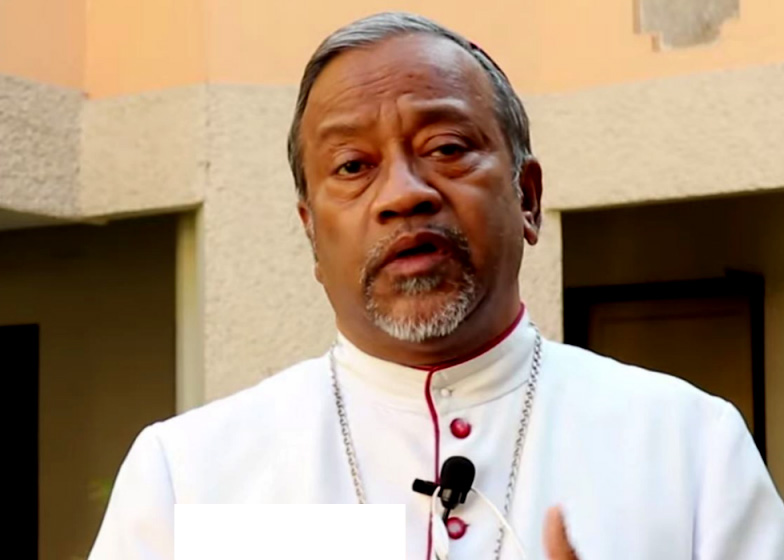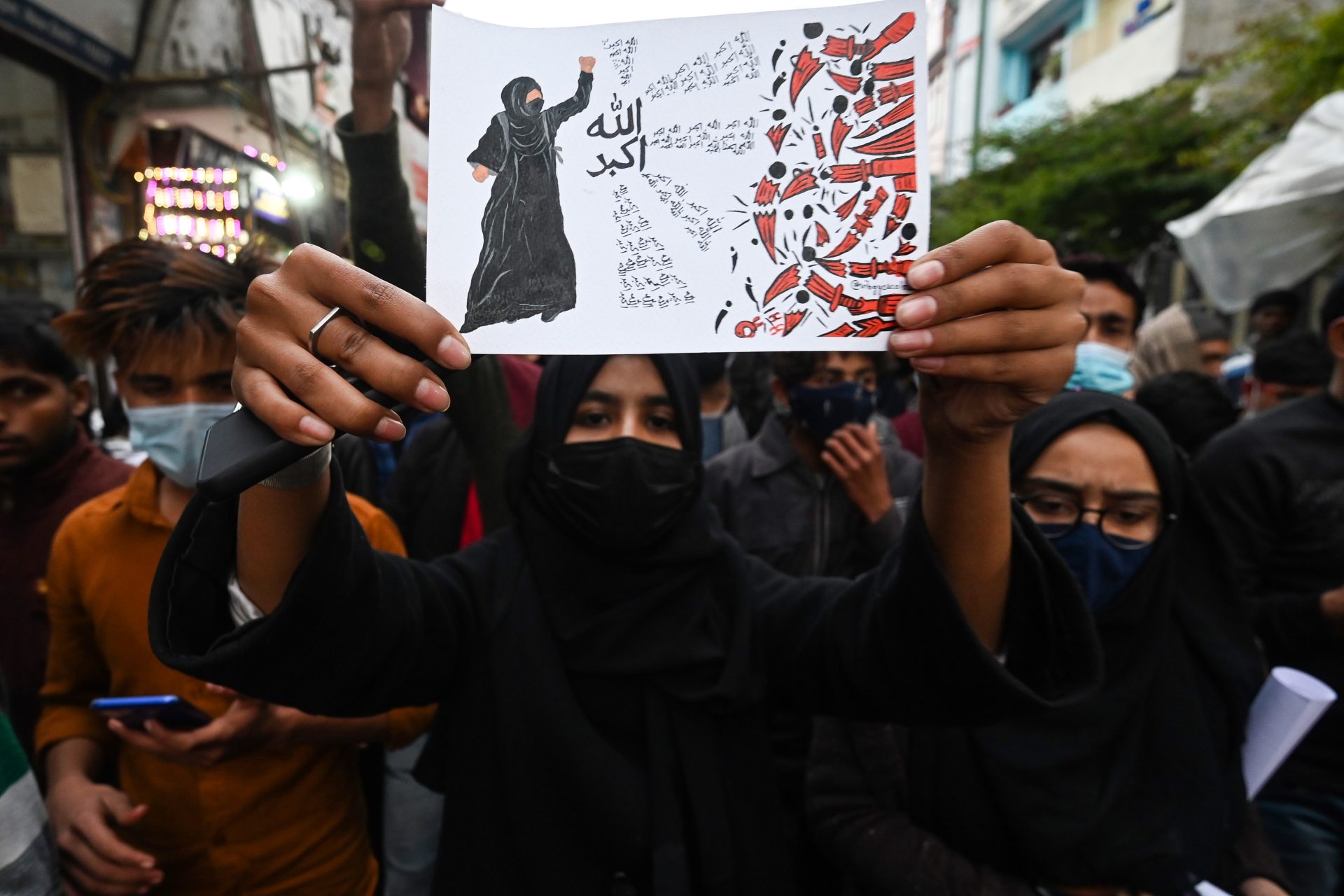For the third year running, the United States Commission on International Religious Freedom (USCIRF) has recommended that India be designated a “country of particular concern” for “engaging in and tolerating systematic, ongoing, and egregious violations of religious freedom.”
In its 2022 Annual Report, the USCIRF, an independent, bipartisan US government advisory body, noted that religious freedom conditions in India significantly “worsened” last year.
“The Indian government escalated its promotion and enforcement of policies — including those promoting a Hindu-nationalist agenda — that negatively affect Muslims, Christians, Sikhs, Dalits and other religious minorities,” said the report.
Coming down heavily on the federal government, the USCIRF said that the Indian government “continued to systemize its ideological vision of a Hindu state at both the national and state levels through the use of both existing and new laws and structural changes hostile to the country’s religious minorities.”
“Thus creating a culture of impunity for nationwide campaigns of threats and violence by mobs or vigilante groups,” it added.
A C Michael, former member of the Delhi Minorities Commission and national coordinator of the United Christian Forum, said the report rightly suggested that India be designated as a country of particular concern because religious persecution has taken “a significant turn for the worse.”
“Incidents of violence against Christians have increased from less than 100 in 2014, when the Bharatiya Janata Party took over the reins of the federal government, to over 500 in the year 2021,” said Michael.
He said that in 2022, there were already 127 incidents recorded in less 100 days of the first three months of the year.
Rights activist John Dayal welcomed the report, saying the persecution and targeting of religious minorities in the pursuit of establishing a Hindu “Rashtra” needs to be seen by the international community.
He said the persecution of Christians is well documented by Indian freedom of faith groups but Indian courts and constitutional institutions, such as the minorities commission, “have failed in their duty.”
“A terrible aspect of persecution in the last seven years has been the impunity,” said Dayal, adding that authorities “favor” the perpetrators of violence. He said even the police are “totally complicit.”
The USCIRF report also noted the increasing numbers of states that are passing anti-conversion laws, thus encouraging a culture of impunity and violence toward Christians and other minority religions.

Archbishop Peter Machado of Bangalore, however, said the state government “is a good government” and majority of the Hindus “live harmoniously with their Christian and Muslim brethren.”
“Only the fringe elements are creating disharmony and bringing a bad name to the government,” said the Catholic prelate.
He acknowledged, however, that the government “should take note that its image is not sullied” with controversies like the ban on the wearing of veils for Muslim women.
“I also agree with Archbishop Machado that these incidents of hate crimes are by the fringe elements,” said Michael.
“But it is the duty of people in authority to enforce law and order … give each citizen freedom to practice one’s faith freely as guaranteed by the Constitution,” he said.
Mohammed Salim Engineer, national vice president of Jamaat-e-Islami Hind, said it is “disappointing” that India is always placed in a “category of concern” when it comes to religious freedom and freedom of the press.
“India has only themselves to blame for not restraining those responsible for the situation,” he said.
The Indian government has always rejected the reports of international groups, saying they have no business interfering in the country’s internal affairs.
“Simply rejecting these reports would not improve the situation,” said Engineer. “Our government needs to take it seriously and take appropriate actions against the elements responsible for the situation,” he added.
Besides India, Afghanistan, Nigeria, Syria, and Vietnam are the other countries recommended to be designated as a country of particular concern.
Ten other nations, including Myanmar, China, Eritrea, Iran, North Korea, Pakistan, Russia, Saudi Arabia, Tajikistan, and Turkmenistan, are also recommended to be designated as countries of particular concern.







